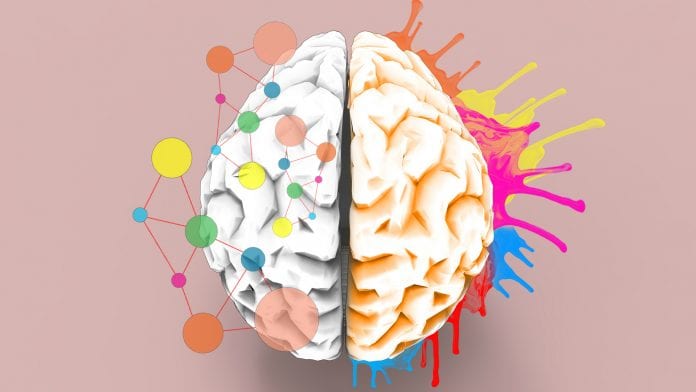
Research from the University of South Florida (USF) reveals that the key to maintaining cognitive function is to engage in diverse activities regularly.
The study published in the Journal of Gerontology: Psychological Sciences found those who increased activity diversity over the decade long study exhibited higher levels of cognitive functioning than those who maintained lower or decreased activity diversity.
A study over ten years
The researchers reviewed two sets of data from 732 people ranging between the ages of 34 and 84 that was collected by the National Survey of Daily Experiences. They focused on seven common daily activities: paid work, time with children, chores, leisure, physical activity, volunteering, and giving informal help.
Over eight consecutive days, the participants were asked if they took part in any of those activities and scored on an activity diversity score that captures both the breadth (variety) and evenness (consistency) of activity participation. The same group was then interviewed again ten years later.
Assessing cognitive function
Previous studies have examined how activity variety and frequency impact cognition. This is the first study to prove activity consistency is also essential, regardless of age.
Their cognitive functioning was assessed using the Brief Test of Adult Cognition by Telephone (BTACT) battery, which measures multiple dimensions of cognition, including working memory span, verbal fluency, attention, speed of processing, reasoning and verbal memory.
Soomi Lee, PhD, assistant professor in the USF College of Behavioral and Community Sciences said: “Results support the adage to ‘use it or lose it’ and may inform future interventions targeting the promotion of active lifestyles to include a wide variety of activities for their participants, findings suggest that active and engaged lifestyles with diverse and regular activities are essential for our cognitive health.”
Activity diversity matters for cognitive health
The results revealed that daily engagement results in greater accumulation of intellectual and social repertoires. Life experiences, such as educational attainment or leisure activities, can help compensate for progressing Alzheimer’s Disease.
Additionally, a lack of activities or passive behaviour, like binge-watching TV, is associated with cognitive decline.
While participants did keep their minds sharp, Lee says she did not find a correlation between activity diversity and episodic memory, which is known to decline with age. A previous study by Lee also shows that activity diversity is important for psychological well-being, especially for older adults.
The current study shows that activity diversity matters for cognitive health across age groups and an active lifestyle is important for different domains of health.







